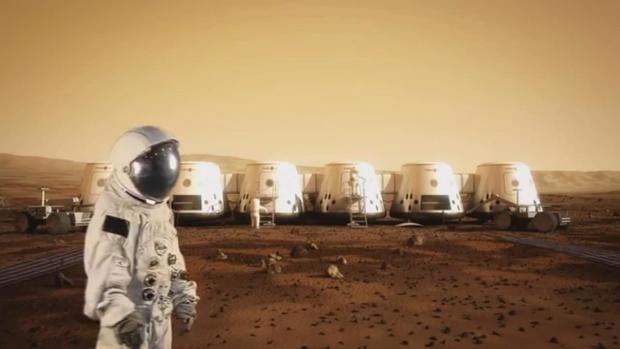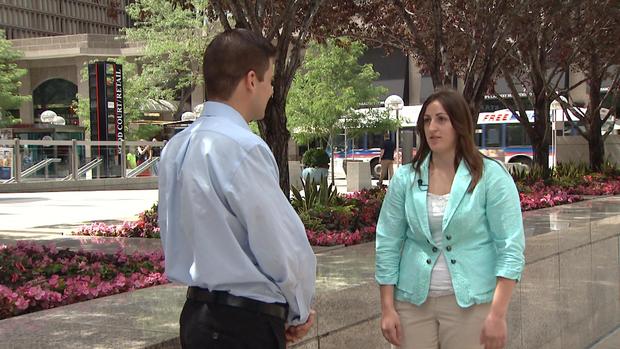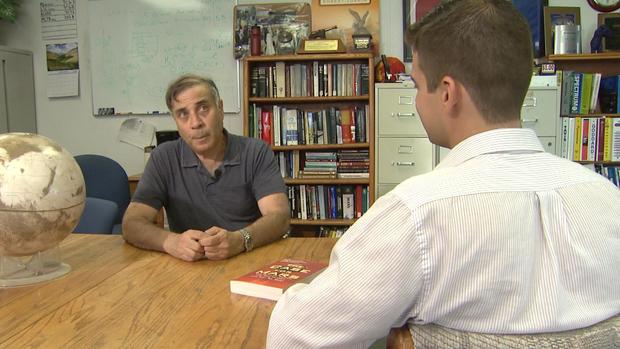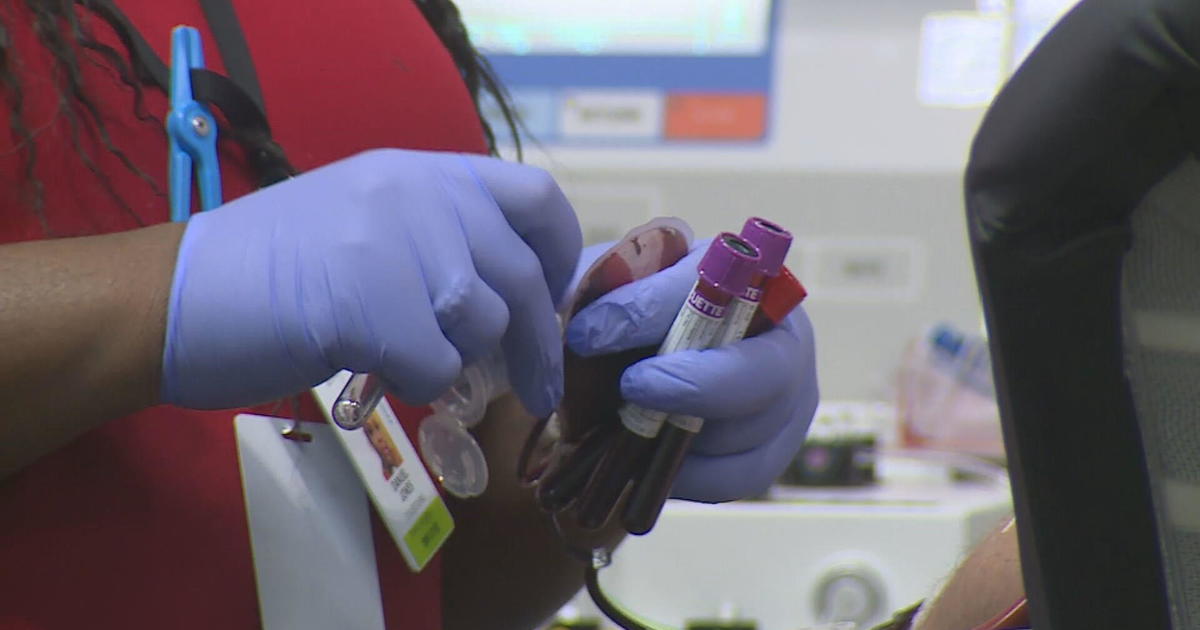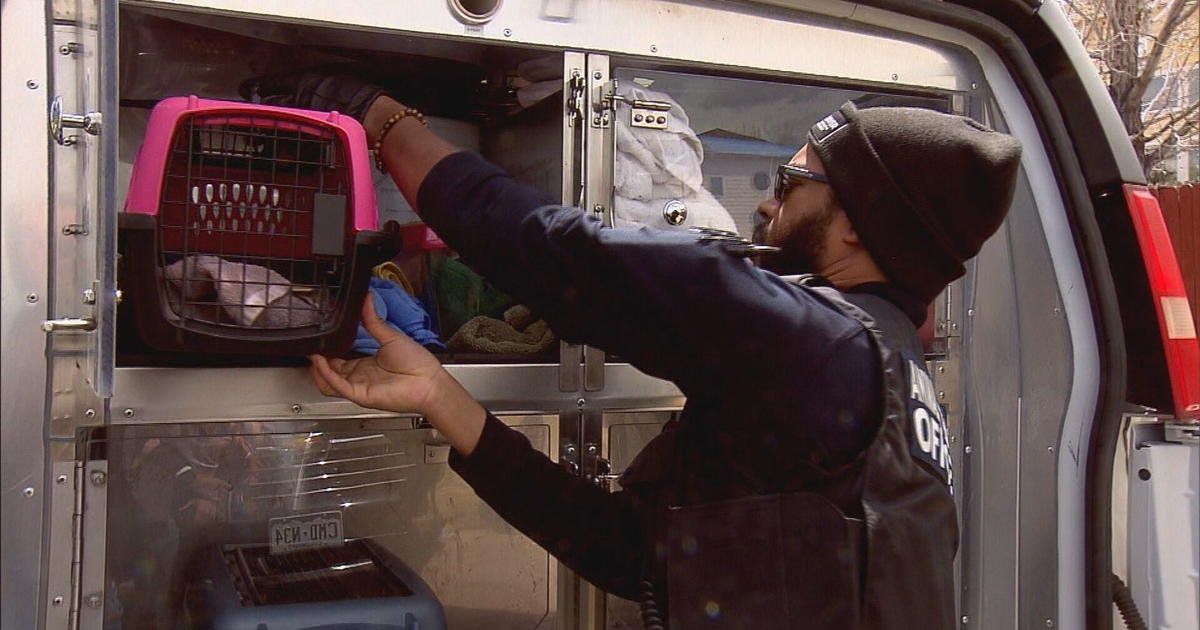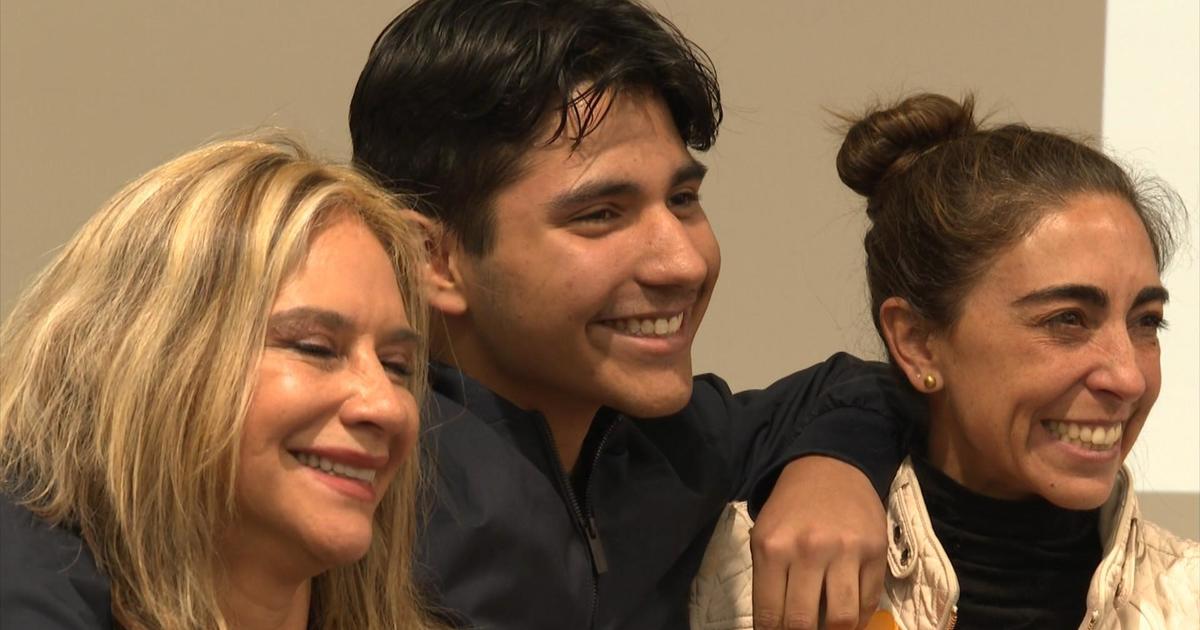Denver Woman A Finalist To Start A Colony On Mars
DENVER (CBS4) - They're calling it the next giant leap for mankind -- putting people on the surface of Mars. It may seem like science fiction, but for a Netherlands nonprofit, it's fact.
Mars One is the project that plans to establish a permanent human settlement on Mars with crews of four departing every two years starting in 2025. But buyer beware, it's a one-way ticket.
In Denver, just shy of her 24th birthday, Elena Finley may be one of those first Mars settlers.
"Definitely the fear is there, but it's definitely still a risk that I'm willing to take," Finley said.
She is one of 705 finalists being considered for the trip. Over the past year Mars One took in more than 200,000 applications from around the world for those who want to leave Earth forever and start a new life.
"I've always wanted to be an astronaut," Finley said.
Finley just got her master's degree in geology and believes that gives her an edge over other candidates.
"Being able to study geography on a planet other than our own is an opportunity I cannot pass up," Finley said in her taped interview.
On the Mars One website organizers say the technology to colonize is here now. They plan to first send an un-manned rover and communications satellite in 2018 to choose a living location, in 2020 send living units and supplies, and then humans by 2025.
The red planet is not exactly human ready; it has a thin un-breathable atmosphere and has sub-freezing temperatures reaching 243 degrees below zero. But Dr. Robert Zubrin believes it can happen.
"I believe what Mars One wants to do is technically possible," he said.
Zubrin is the president of the Mars Society based in Colorado and author of the 1996 book "The Case for Mars."
"Human's to Mars is exactly what this country needs," Zubrin said.
Zubrin is also an advisor to the officials at Mars One. He believes Mars is rich in iron and other minerals, has water in the form of ice, and permafrost. Its atmosphere has carbon dioxide, meaning with sunlight food can be grown in greenhouses.
"What happened in 1492?" Zubrin added. "This time will be remembered because this is when we first set sail for other world."
He believes the problem with Mars One lies in its funding. The first big leg of the trip pulls a hefty price tag of $6 billion, and the entire project is privately funded.
"They don't have to fund a mission, they have to fund a colony," Zubrin said.
Finley is optimistic.
"A new step in human history," she said.
Up next for the Wyoming-born turned Denverite are interviews with Mars One officials. She said the trip would literally be one of a lifetime.
"It hasn't really kicked in with me that this could actually really work out," Finley said.
Mars One officials say the final selections for the first astronauts will be in 2015.
NASA also has plans to go to Mars, but not until around 2030.
Mars One sent out a formal request for proposals for the payload on their 2018 rover. That part of the project will look at soil samples, attempt to extract water, and test solar power possibilities.
LINK: Mars One
